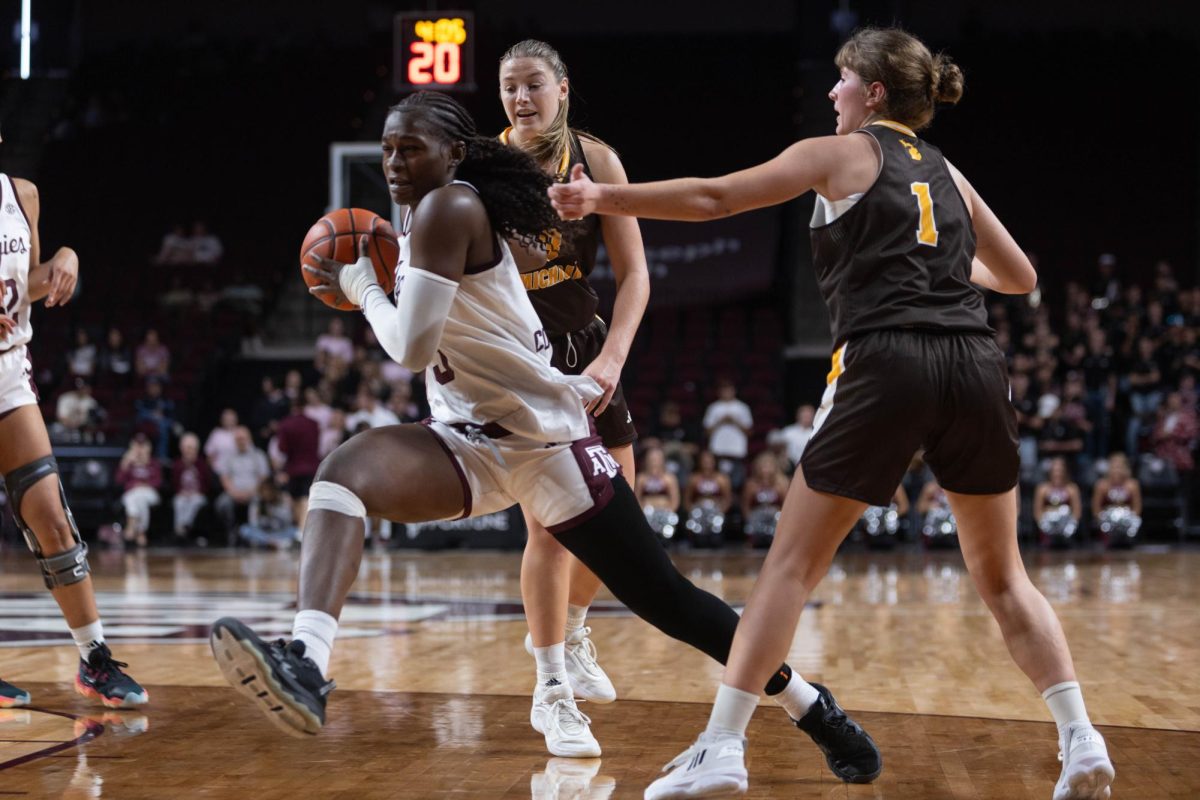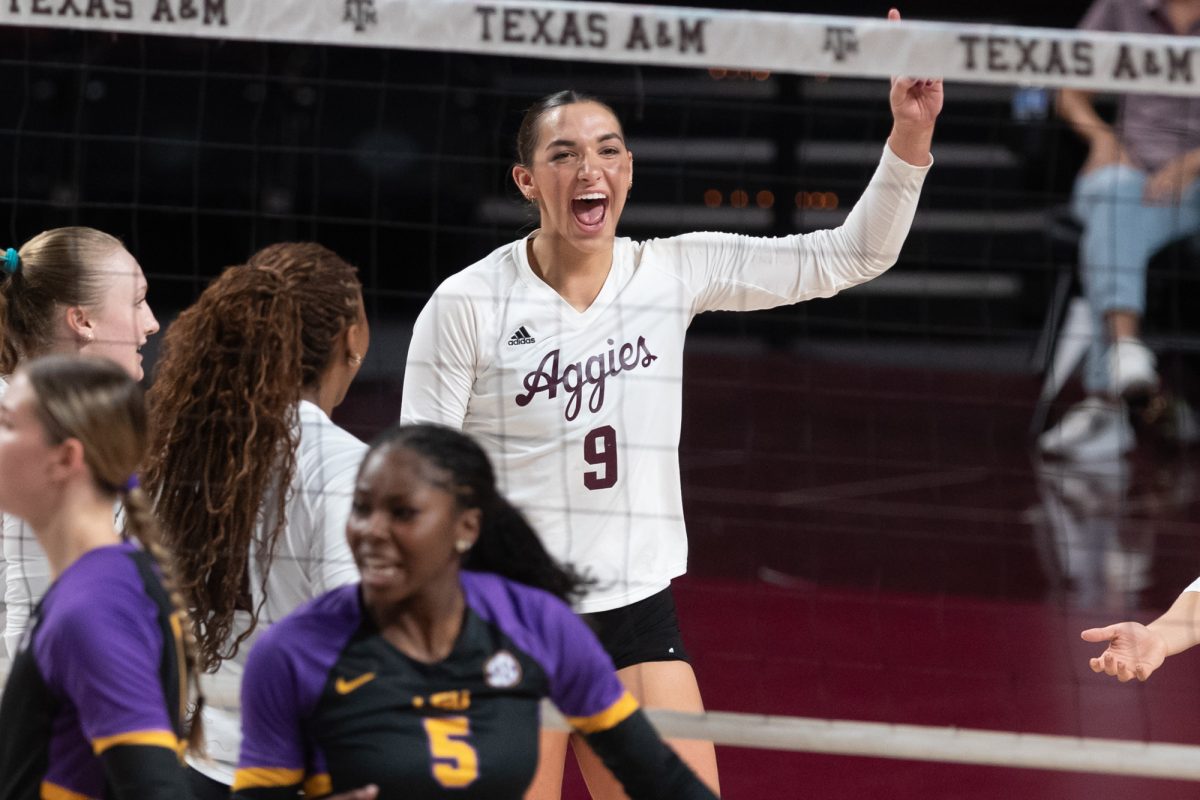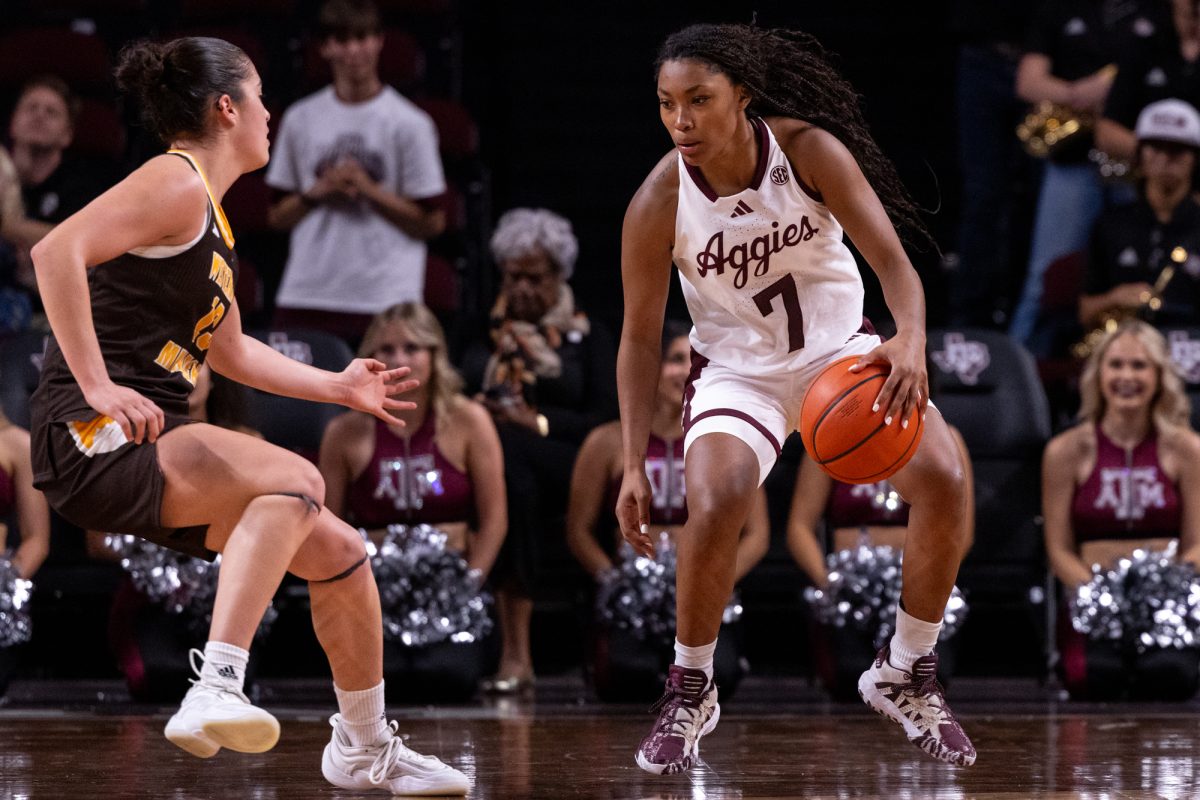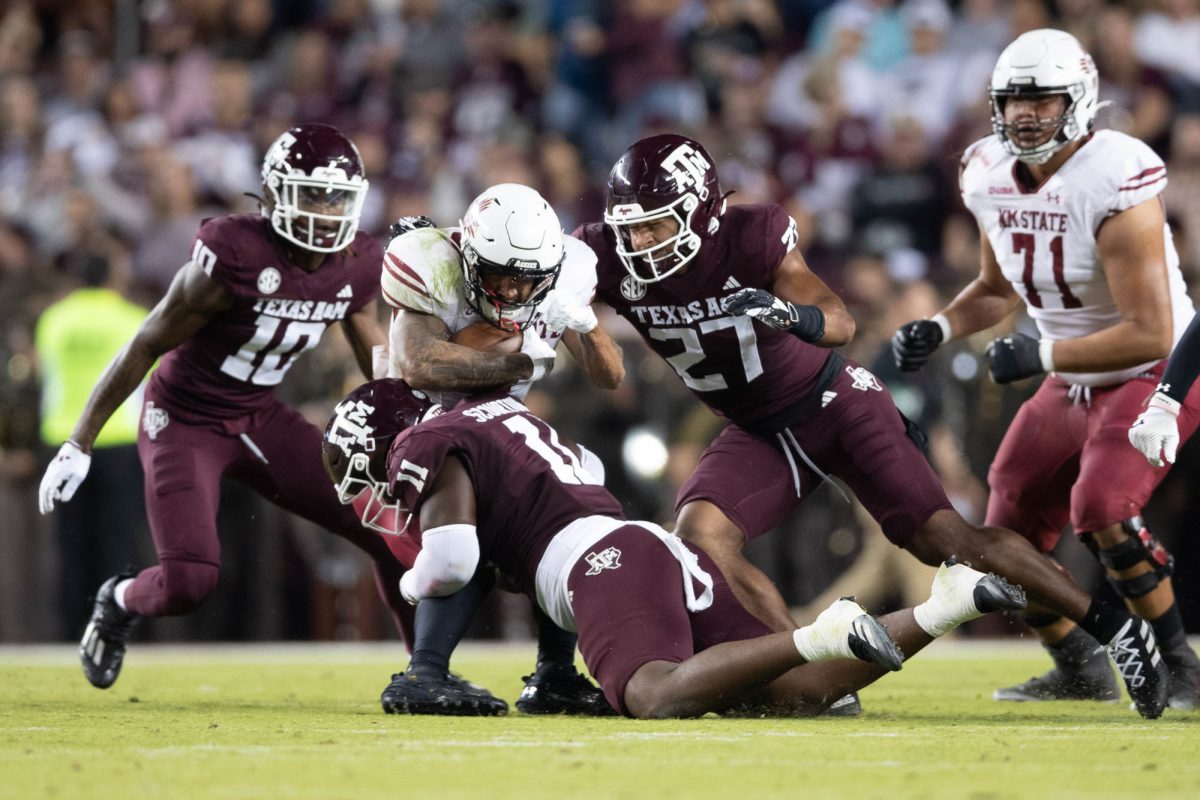With the familiar in-state Thanksgiving grudge match between Texas A&M and the University of Texas on an indefinite hiatus following an A&M move to the Southeastern Conference, it took just a seasons absence for one A&M graduate with special tools at his disposal to attempt to do something about it.
On the heels of the Monday filing of House Bill 778 by State Rep. Ryan Guillen, Class of 2000, University officials and students voiced their opinions. The bill would require the two state-funded universities to annually play a nonconference, regular-season football game against one another.
In a prepared statement, University President R. Bowen Loftin said he hopes state intervention wouldnt be necessary.
“We remain hopeful that the game may continue one day through the normal scheduling process, Loftin said. Having said that, we, of course, will follow any specific direction from the Legislature.”
UT President Bill Powers largely echoed Loftins sentiment in a statement to the Alcade, the official publication of UT alumni.
UT enjoyed our conference rivalry with Texas A&M and we were disappointed A&M decided to leave the Big 12, Powers said. Well leave it to lawmakers to weigh in on this legislation.
Some students said their opinion about the game aside that the state legislature should have more pressing matters than football at hand.
It seems kind of silly that theyre regulating football, said Travis Bates, sophomore general studies major. Dont they have better stuff to do?
But, Bates said a renewal of the classic rivalry might not happen without such actions as HB 778.
It probably wont happen unless the state gets involved because I think UT is a little scared, Bates said.
In the 1940s, with the Iron Bowl between Auburn and Alabama in remission, the state of Alabama threatened to withhold funding from the two rival schools unless a game was played. Similar precedents can be found in states such as Florida and North Carolina.
Should either A&M or UT refuse to participate, the bill calls for penalties that would withdraw state-funded athletic scholarships and grants for athletes.
Phillip Kinglesmith, sophomore mechanical engineering major, said a threat to funding might be effective.
Because of the financial relationship between the state and public universities, some students said the government is within its bounds in deliberating the matter.
They are allowed to make decisions that affect the economic interest of the state and that game alone produces thousands if not millions of dollars for the universities, said Dakota Thompson, junior kinesiology major.
Regardless of the means to the end, students have firm opinions about whether such a game should be played at all. Those in favor of the rivalry draw on the history and lore of the game as something that should be retained, while others believe A&M has moved on.
Quentin Holtz, junior visualization major, said the past doesnt have the hold on the University it may previously have had.
I feel like A&M is at a time when serious change is going on, Holtz said. I dont think that ties with A&Ms past are completely necessary in this new branding of the school.
To sophomore civil engineering major Conor Joyce, however, the rivalrys sheer scope is the deciding factor.
Its one of the biggest rivalries in college football history, Joyce said. The only thing bigger is Michigan and Ohio State. You want every class to go through that experience.
Thompson said the game is bigger than the Super Bowl to Texas native residents.
Morgan Goodwine, senior education major, said the spectacle of the rivalry matters.
The buildup and anticipation is just fun, Goodwine said. Even when we lose its still fun to play them.
Filed bill stirs mixed university, student response
January 29, 2013
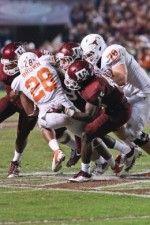
0
Donate to The Battalion
Your donation will support the student journalists of Texas A&M University - College Station. Your contribution will allow us to purchase equipment and cover our annual website hosting costs.



